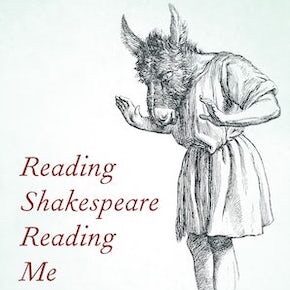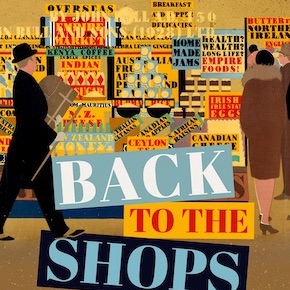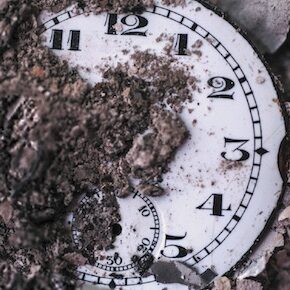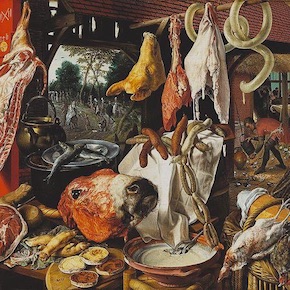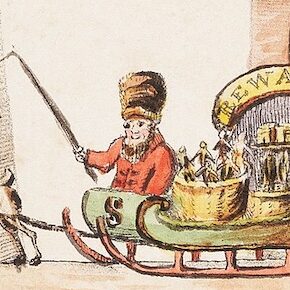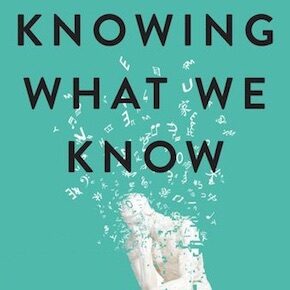
After the deluge: Knowledge in the magical age of (mis-/dis-) information
A new book by Simon Winchester has just come out. The mere fact in itself is thrilling and exciting. For over 50 years, Winchester has been critically informing his readers as a journalist for the Guardian, the Daily Mail or The Times, and as an author of political histories of troubled places and troubling times,...
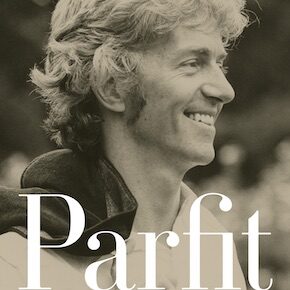
The Book of Derek Parfit
Walk around Oxford on any reasonably warm and relatively sunny day and, as you inevitably reach the Radcliffe Camera, you will invariably witness a perennial phenomenon: along a high, practically unclimbable and unassailable, Headington-stone-yellow and castle-worthy wall, there will be an impressive line-up of young people sitting down restfully, or leaning languidly against that Corallian...

Far more darkness than the eye can fathom
Take your seat – preferably, if you can, in the centre stalls, for a commanding, birds-eye panoramic view of the spectacular stage that Es Devlin has created for Sam Mendes’ National Theatre production of The Lehman Trilogy, currently at the Gillian Lynne Theatre in London. As the lights switch on, you will find yourself in an existential space-time warp:...
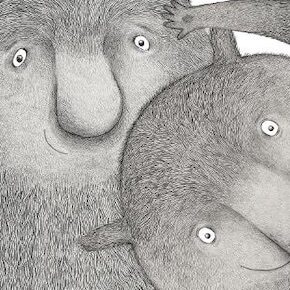
So they know it’s Christmas – and why that matters
It’s that wondrous, mystifying, awesome and perchance disorienting time of the year when trees come out, baubles roll about, nutcrackers grin and gnash their teeth, elves get busy, and we revel in company, or brace ourselves against yet another formidable bewilderness of loneliness or mere aloneness, when we find ourselves in opulence, common enoughness, or...
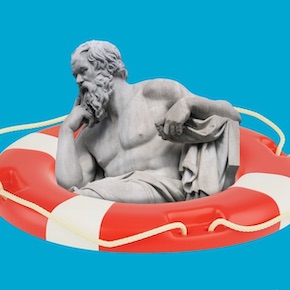
Have you ever met the Greeks? They bear the most vital, wondrous gifts…
Nearly two and a half thousand years ago, a very old man slept in a bare prison cell. He was not alone, however. An old friend was watching over him, reluctant to wake him up to the day that would mark the end of his life. It is a cameo of extraordinary tenderness and humanity,...
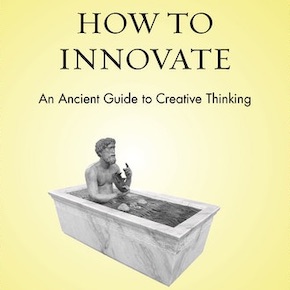
Old news: the origins of originality
The ancient Greeks are old news to us, or so we appear to be claiming. For some, at this very specific moment in time, they are not just antiquated, or relegated to the shades of oblivion, they are practically obsolescent, an existential black hole, even a socio-political and ethical-historical anathema. The question of the Greeks...
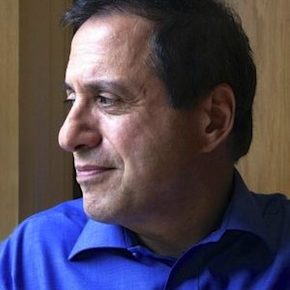
Armand D’Angour: A classically philosophical life?
There are books that leave you silent – with awe, or shock, or both. And then there are some others that make you yearn for the space in between silence and voice: for a space for more of the author’s thoughts, a space for questions, for engaged and engaging exchanges. Armand d’Angour’s books belong to...

